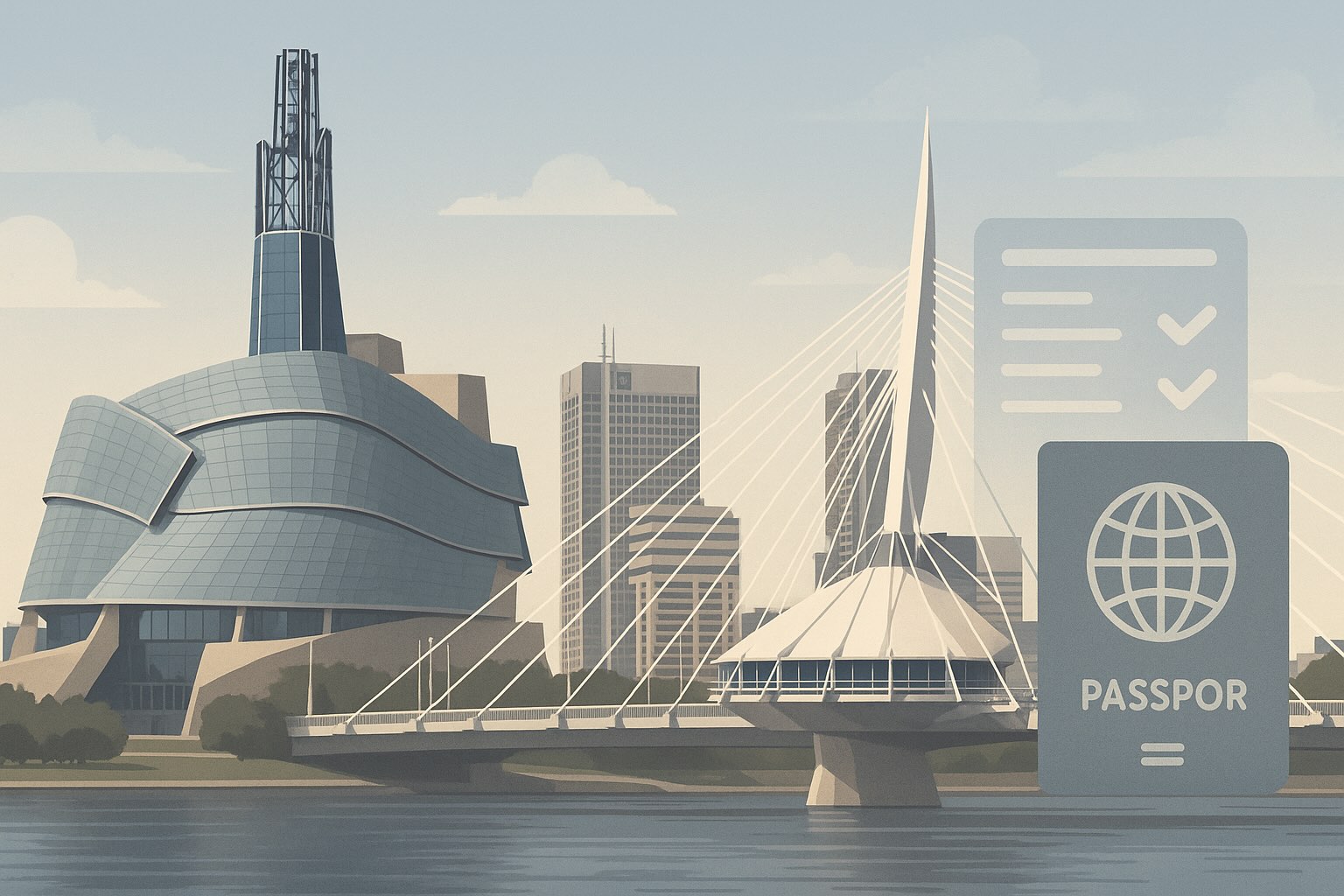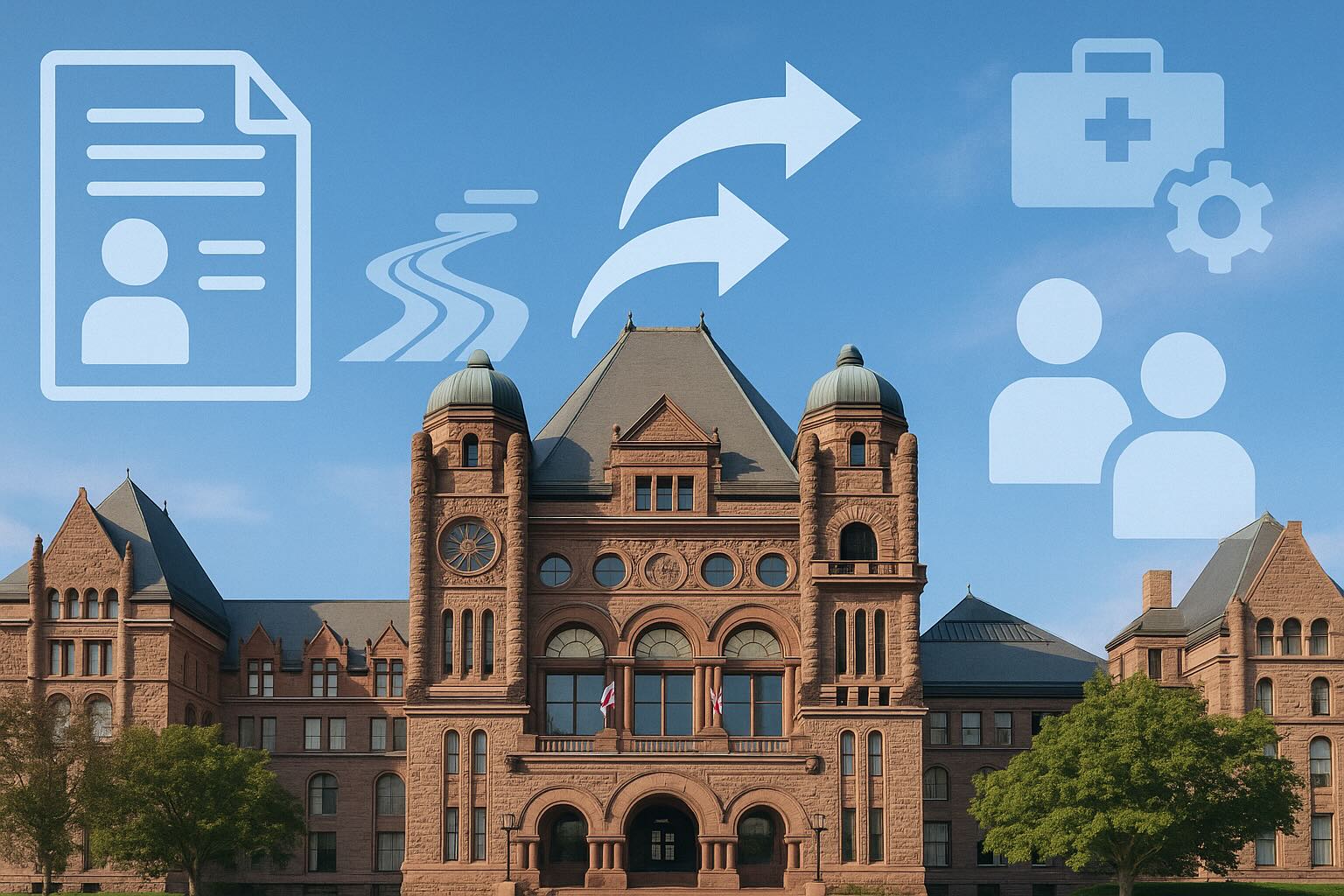Canada's Ontario Superior Court issued a new ruling on April 22, 2025, further extending the federal government's deadline to amend the "First Generation Limit" (FGL) clause in the Citizenship Act concerning the acquisition of citizenship by descent. The new deadline has now been set for November 20, 2025.
Background of the Dispute: The Unconstitutional "First Generation Limit"
Under the current provisions of the Canadian Citizenship Act, if a Canadian citizen has children born abroad, these children can typically automatically acquire Canadian citizenship by descent, even if they are born outside Canada. However, the "First Generation Limit" clause introduced in 2009 changed this rule. The clause stipulates that if a child of a Canadian citizen is born abroad, and that Canadian citizen themselves obtained their citizenship "by descent" (i.e., not born in Canada or naturalized), then their child born abroad cannot automatically acquire Canadian citizenship by descent. This is what is known as the "First Generation Limit."
This "First Generation Limit" clause was ruled unconstitutional by the Ontario Superior Court in December 2023, as it was deemed to infringe upon rights guaranteed by the Canadian Charter of Rights and Freedoms. At that time, the court ordered the federal government to complete legislative amendments within six months.
Legislative Process and Temporary Measures
The federal government chose not to appeal the unconstitutional ruling and introduced Bill C-71 in May 2024, attempting to address the issue by establishing a "Substantial Connection" test – requiring Canadian citizen parents of children born abroad to have resided in Canada for at least three years before the child's birth or adoption. However, Bill C-71 failed to pass and automatically lapsed when Parliament adjourned on January 6, 2025. Prior to this, the court had already granted four extensions to the amendment deadline, the most recent of which extended it to April 25, 2025.
Following the lapse of Bill C-71, the federal government introduced temporary measures on March 13, 2025, allowing individuals affected by the "First Generation Limit" to apply for a discretionary grant of citizenship. Simultaneously, the government requested the court to extend the amendment deadline by a significant 12 months, until March 20, 2026.
Court's Stance and Future Challenges
However, in her ruling issued on April 22, Justice Jasmine Akbarali of the Ontario Superior Court, while approving the extension request, only extended the deadline until November 20, 2025, nearly four months shorter than the government's request. This means that the new Canadian Parliament, to be formed after the election scheduled for April 28, will have approximately eight months to address this urgent legislative task.
Justice Akbarali wrote in her ruling that despite the continued delay causing ongoing hardship for rights holders affected by the "First Generation Limit," she chose to grant the extension considering the complexity of citizenship legislation and the potential negative impact on the public interest if the declaration of unconstitutionality took effect without substitute legislation. However, she also emphasized that "Rights holders should not be forced indefinitely to bear the effects of an unconstitutional law" and that "the public is entitled to expect Parliament to fulfill its legislative responsibilities and pass legislation." The judge explicitly stated her hope that "the party that forms government, if it chooses to prioritize this legislation, should be able to pass remedial legislation within this timeframe."
If the federal government fails to pass the legislative amendment by the new deadline, and the court does not grant further extensions, the court may directly strike down or limit the unconstitutional parts of the Citizenship Act, rendering them ineffective.
Key Timelines Related to this Amendment Process:
| Date | Event Description |
|---|---|
| April 17, 2009 | First Generation Limit introduced into the Citizenship Act; second generation and subsequent generations born abroad cannot inherit citizenship by descent. |
| December 19, 2023 | Ontario Superior Court rules First Generation Limit unconstitutional, first ordered a six-month period for amendment. |
| May 23, 2024 | Federal government introduces Bill C-71, establishing a "Substantial Connection" exception test. |
| January 6, 2025 | Parliament adjourns, Bill C-71 lapses. |
| March 13, 2025 | Temporary discretionary citizenship grant measures introduced, and application filed to extend the amendment deadline to March 20, 2026. |
| April 22, 2025 | Ontario Superior Court extends the final legislative deadline to November 20, 2025. |
Subsequent Observation:
As Canada is set to hold its election on April 28, the formation of the new government and the setting of its legislative agenda will determine whether this pending citizenship legislation can be passed. If the statutory window is missed again, the "Lost Canadians" issue could remain unresolved for a long time, and the discretionary policy without legislative backing will struggle to provide predictable citizenship assurance for the new generation born abroad. In the coming months, the interplay between Canadian immigration policy and parliamentary efficiency will continue to affect the fate of tens of thousands of families.









